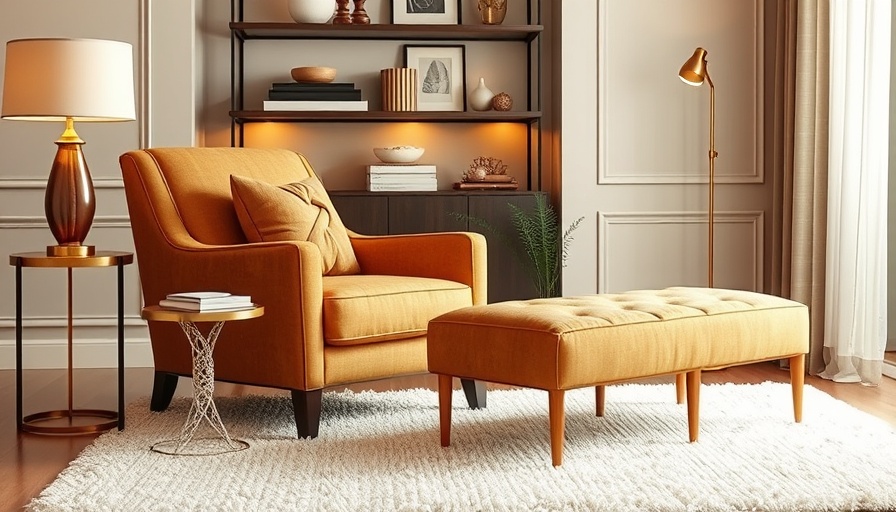
Understanding the Hidden Impact of Your Home on Sleep
Many young homeowners in London may overlook the significant role their housing type plays in their daily lives, particularly in sleep quality. As we face increasingly hot summers, understanding how our homes affect our comfort becomes more critical than ever. From Victorian terraces to new builds, different property types can create distinct sleeping environments that either bolster or sabotage our rest. Property experts highlight the hidden impacts of poor insulation, inadequate ventilation, and temperature regulation on sleep, encouraging homeowners to pay attention to these factors.
Why Temperature Regulation is Key for Sleep
The relationship between your home's temperature and sleep quality cannot be overstated. According to Adam Clark, a property expert from My Local Toolbox, the ideal bedroom temperature for restful sleep ranges between 16-18°C. When rooms are either too cold or too hot, it disrupts our circadian rhythm—our body's natural clock—making it difficult to achieve deep, restorative sleep. Properties that lack proper insulation can struggle to maintain this ideal temperature range, which can lead to restless nights plagued by sweat or chills.
Types of Homes That May Affect Your Sleep
Certain property types in London are particularly notorious for compromising sleep health:
- Victorian and Edwardian Terraces: With single-glazed windows and limited insulation, these historic homes can become excessively cold in the winter and uncomfortably warm in the summer. Homeowners might find themselves battling excessive drafts during winter while sweating during summer heat waves.
- New Build Flats: While designed for modern living, these properties often feature large windows that can trap heat, creating a greenhouse effect during the warm months. If ventilation is limited—such as having windows only on one side—airflow becomes restricted, compounding temperature issues and making it hard to achieve restful sleep.
Actionable Insights for Homeowners
Sensible home adaptations can substantially improve your sleeping conditions. Here are several approaches homeowners can consider:
- Enhance Insulation: Investing in proper insulation, such as double-glazing or thermal curtains, can help manage temperatures effectively, keeping homes cooler in summer and warmer in winter without excessive reliance on heating or cooling appliances.
- Ventilation Systems: Consider installing ventilation systems that improve air circulation. These systems help maintain a stable temperature, enhancing overall air quality and delivering a more comfortable sleep environment.
- Smart Home Tech: Incorporating smart thermostats and environmental sensors can provide real-time data about your home’s temperature, allowing users to make adjustments that enhance their comfort while sleeping.
The Human Connection: Why This Matters
A good night's sleep isn't just about comfort—it's vital for overall mental and physical health. In the hustle and bustle of London life, high-quality sleep helps maintain focus and energy levels. When we prioritize our sleep through thoughtful home adjustments, we’re also investing in our health and productivity. Community-focused initiatives that promote better living conditions can make a lasting difference in the lives of young London homeowners.
Conclusion: Optimizing Your Home Today
As London homeowners, understanding how your home impacts sleep is an essential step towards improving your overall quality of life. By prioritizing temperature regulation through effective insulation, enhanced ventilation, and innovative technology, creating a restful sanctuary is absolutely achievable. If you're struggling with sleep, take a moment to examine your living environment. Explore solutions that transform your home into a restful haven. The choices you make today could lead to immeasurable benefits in your overall well-being.
 Add Row
Add Row  Add
Add 




Write A Comment